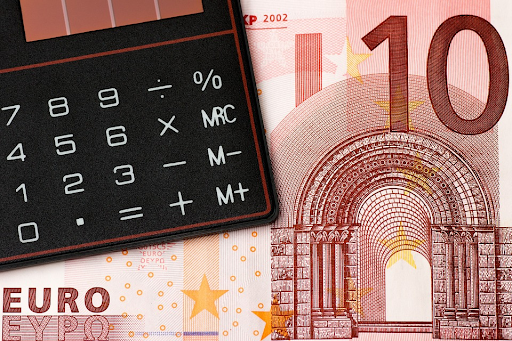Whether you’re arranging a small meeting or a major conference, event planning is a huge undertaking! Every event, no matter how small or complicated, needs careful preparation and organizing. From creating an appropriate budget to marketing your event, there are a lot of factors you should think about early on to make the process as stress-free as possible.
While no two events are alike, and each event has unique goals, finances, and audiences, there are many actions you can take to jump-start the planning process, stay on track, and optimize the success of your event. We’ve also created an easy-to-use checklist to ensure that nothing slips between the cracks. Begin by working backwards from your event date to determine the timeframe.
There is a printable Virtual Event Planning Checklist if you’re organizing a virtual event rather than a typical in-person one!
Table of Contents
Establish Goals and Objectives.

The earlier you can begin preparing, the better — but I’ve observed that most organizations we work with begin organizing their major events, such as galas and fundraisers, around 6 months ahead of time. Here’s everything you’ll need to get started.
Set your event’s aims and objectives. Did you wish to generate funds or create awareness? How many people do you hope to see? It will be easier to judge the success of your event if you establish it ahead of time. (Click here for ideas on how to increase event attendance.)
Choose a date. Also, make sure it doesn’t interfere with any other events or important holidays in your region.
Determine the location and discuss the specifics. What sort of insurance is required by the venue?
Can you provide alcoholic beverages? Before making a commitment, determine the conditions.
Make a Budget For The Event.

Making a budget is an important first step in event planning since it helps to define other parts of your plan. Creating a budget also aids in avoiding unpleasant surprises (like running out of money for decor, etc.). You will be more effective if you plan out your complete budget ahead of time, keep updating as variables are finalized, and stay extremely close to the process.
Based on your first scope of demands and high-level budget. You should start mapping out your line item expenses to get a sense of how your money will be distributed across your demands.
According to Eventbrite, “the budget is divided into marketing and promotion (43%), speakers and talent (32%), printed materials (29%), and venues (18%).”
As your strategy takes shape, you’ll need to examine the budget. Line items will certainly alter; nevertheless, establish an accurate budget that reflects any modifications or updates you make as well. And, because you never want to go over budget, it’s typical for planners to make modifications to guarantee you stay on track.
Create Your Event Team.

You may be in charge of many or all of the responsibilities described in this section for small events. Large events, on the other hand, necessitate the use of a well-organized crew to carry out the production.
If you’re starting from scratch, it’s critical to assign responsibilities early on to guarantee responsibility. All team members should report to a project manager who has insight into all of the moving parts.
Putting together the Ultimate Event Team According to Eventbrite, just 12% of events have teams of 10 or more workers, with the most typical number being 2 to 5 staff (45 percent of events), implying that individuals frequently wear many roles.
Prepare Your Program.

Make your plans as soon as possible! Is there going to be a keynote speaker? Is there going to be an extra day or evening set out for your sponsors? Will there be a single “track” of workshops and presentations, or will participants be able to pick from a number of events at any given time? As you answer these basic questions, you will be able to construct a high-level perspective of your event program.
Don’t worry: it’s not necessary to have the itinerary completed before you begin marketing the event. After you’ve started marketing your event and registration begins to rise, you may make modifications to the schedule. It is now possible to rapidly change the timetable on your website using technology.
Because your participants will want to know what to anticipate, it is great if you can confirm the fundamental structure as soon as feasible. Furthermore, the timetable is a significant selling factor for advertisers!
Identify And Pick Your Tools.

Both event organizers and attendees benefit from technological advancements in the event environment. When planning your next event, you should consider your technological requirements such as LED display screens. Certain technologies must be installed far in advance of the event, while others can wait until closer to the big day (s).
Identify and pick your technological tools.
Since most events are held outside my personal recommendation is to ensure that you get electrical components from a reliable supplier such as eabel. This is because most of the event tools will require a steady supply of electricity so ensuring that your wiring and equipment is top notch will go a long way in achieving a successful event.
Conclusion
Each of these aspects contributes to the overall success of your event. Work your way through each of them to develop a solid, actionable strategy for your event. When preparing an event, you should start as soon as feasible. With so many moving parts, getting an early start ensures a seamless conclusion.



















